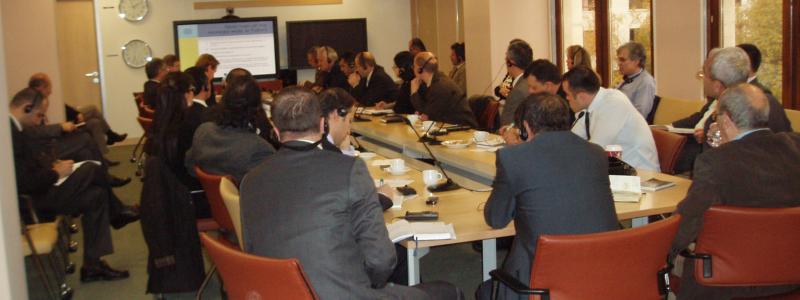
The Government of Turkey is making extensive investments in rehabilitating degraded landscapes and arresting deforestation through reforestation programs. Targeted investments are required to balance the need for rehabilitation of badly degraded areas with perceptions of the prevalence of rural poverty, and areas hard-hit by rural to urban migration. Hence there is a need for prioritization and for a methodology to identify critical watersheds. The World Bank has issued a contract to ISRIC to perform an activity on land degradation and risk mapping in Turkey in order to facilitate targeting Watershed rehabilitation investments. The project seeks to address two themes: 1) identifying land degradation hot spots and their counterparts - bright spots of land improvement in Turkey using remotely sensed data and supporting information on climate, soils, terrain and land use and analysis pioneered in the GEF/FAO’s Global Assessment of Land Degradation and Improvement (GLADA) project (Bai et al., 2008); 2) working with available socio-economic datasets on wealth and poverty in Turkey to investigate the relationship between household poverty and their vulnerability to land degradation. ISRIC closely cooperates with the groups of Prof. Sukran Sahin at the University of Ankara, Turkey, and of Prof. E. van Ierland, Environmental Economics Group of Wageningen UR.